RPG and fantasy worlds are directly connected. But that you already know, right?
If you entered this article, it is because there is a series, anime or movie that you can't get out of your head, and you need to play it.
Relax, that's just normal. You can be the most classic of players, and one day that story will emerge that will make you think:
“Wow, I need to adapt this for my next table!”
And that's great because adaptations are at the roots of RPG as we know it!
If you read my complete guide on classes (check out HERE), saw that many came from famous works at the time such as Lord of the Rings, Bram Stoker's Dracula and Conan.
But picking one or the other factor is easy, everyone does it. You want that wonderful world and adapt it entirely to your RPG with all its details, stories and rules.
And this can be a difficult task… However, following the tips in this article you will be able to do it and, above all, in a faster, more efficient and fun way than you can imagine!
So get your materials and let's adapt!
Define Your Goals
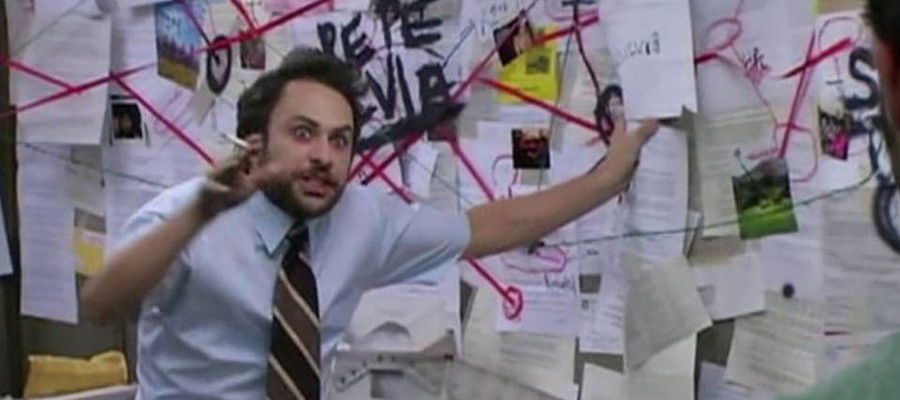
The Purpose
What will your adaptation do? Is it just for the group's entertainment, or do you intend to publicize it? How professional and detailed do you want and can be?
These are not random questions. Knowing exactly the purpose of your project will avoid wasting time, exaggeration and disappointment, making you focus only on the chosen objective.
A quick adaptation for a one-shot with friends can be done in minutes, while a quality published e-book will take much more time and preparation.
Start Small
It's normal to get excited about turning a small project into something huge that, honestly, doesn't usually end well, so… Take it easy.
Do the necessary and only then think about growing if there is space and need for it, most of the time you will only need the basics to make good stories.
Even if the idea is a one shot, you will want to see the tips from this article and if the idea is a campaign, this one
will definitely help you in adapted and non-adapted scenarios.
The Scenario
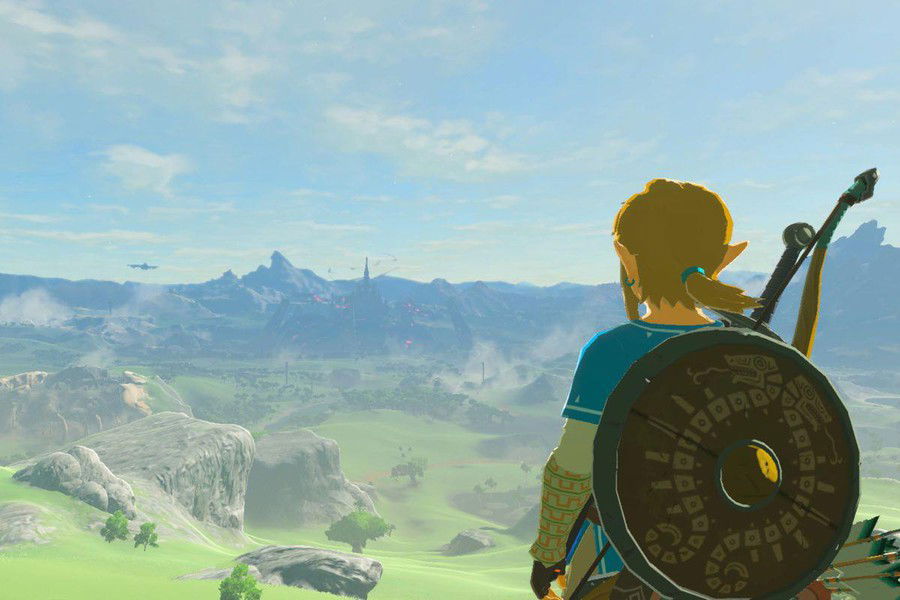
The most important part of an adaptation is what will be adapted.
But as much as you know him, it won't always be easy to adapt a new universe into the game.
We can define the level of work needed to adapt a scenario from two basic points: Content and Complexity.
Let's see a bit of each:
Content
The amount of information in a fictional universe varies greatly. From minimalist scenarios to entire worlds full of kingdoms, personalities, historical events in the most varied media.
When starting an adaptation it is necessary to know how much of that world will be used for the game, this is the first and most important stage of your project.
Imagine you want to adapt a content-rich story like Lord of the Rings or One Piece, if you have a focus in mind of what you're going to play it may not be necessary to adapt the entire universe at once.
Tips for setting limits on your adaptation
– Does the setting have a long history? At what point in this story will your game take place? Focus on it.
– Does your setting have many locations with different cultures? Choose a region for your games to take place, and gradually expand as needed.
– Are there many races, creatures and cultures around the world? Focus only on the region and season chosen.
– Is there numerous abilities, powers, magic or any other such complexity? Focus on what happens in the scenario cutout made in the last tips and what the players intend to do.
By following these tips, you cut a lot of useless content that you would adapt to your game, and you won't lose quality, being able to expand the material as needed, as previously indicated.
If the adapted universe is multimedia, you can focus only on the books, manga or games created. Someone who wants to adapt the Marvel Cinematic Universe doesn't need to spend time and resources reading the comics, for example.
Complexity
If the content is linked to the amount of information in a work, the complexity, in turn, indicates how difficult it is to work its rules within the game.
Thus, complexity is not linked to the size or quality of the work, only the difficulty of adapting it to a system.
Using the examples above, it would be much more difficult to adapt in detail all the rules of One Piece, a high fantasy with unique superpowers, races and environments than Lord of the Rings, which is a more realistic low fantasy and therefore easier to adapt to.
If you follow the tips in the previous topic about content, you will automatically reduce the difficulty of adapting the rules of the world in question.
But later in this article when we get to the systems part we will come back to this topic, so stay tuned.
Now that we've talked about the main points of a scenario, we need to talk about what will give us the information to adapt, we must talk about…
What sources to use
If the adaptation is literary, you can think about re-reading the book to adapt your scenario. If it's a movie, reviewing the work should be enough, but are these really the best sources for your content? Not always.
Of course, if you're thinking of an old or lesser-known scenario, revising the original might be the best route, but it's also the most labor-intensive of all.
This is because a work aims to entertain and not just present its information in an objective way. In this way, important information can be saved for the end, and others as relevant as being presented slowly, in a fragmented way throughout the plot.
As entertainment this is great, but as research work it is terrible.
And that's where the internet comes in.
If your research material is recent or famous enough, there are likely to be sites, forums, and wikis specializing in the subject, made by fans all over the world.
These sources are designed to quickly and instructively present information about that world and its characters, so using them to adapt the work will save you hours, perhaps days, of research you would have had otherwise.
Don't be afraid to use all available sources to gain knowledge and don't ignore YouTube channels, podcasts or any other media that can quickly delve into the subject.
Look for adaptations already made
There's nothing wrong with wanting to create a project, but if the idea is just to experience that world, maybe someone has gone to the trouble of doing it before.
Spend a little time and research if there are any ready-made projects, PDFs or games based on the scenario you want to adapt. You may not use it fully, but it can guide you and facilitate the process of developing your own adaptation.
Or maybe she's a perfect fit and gets your job done in a few minutes… It could happen.
The System
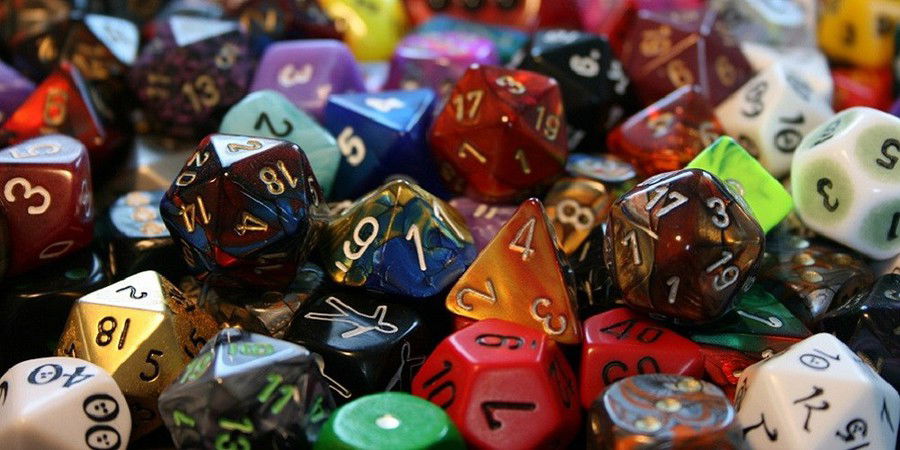
RPG is made of setting, but also rules.
Knowing which rules to use, change and delete will make your job easier and will increase players' immersion in the world not only through the setting, but also in the creation of characters and game mechanics.
So, before we even start this editing process, we need to decide some points:
Which system to use
There are an infinity of systems around the world… Big, small, famous or indies, each one of them will bring mechanics, game views, gameplay loops and a whole series of features that will affect our adaptation deeply.
In this way, knowing which one to use as a base is essential for a quality project.
We previously talked about the complexity of the scenario, and now we return to it.
The more complex the rules of your world, the harder it will be to adapt them for the RPG, as the harder it will be to find official mechanics who accurately emulate what you want.
Adapting a ring that makes you invisible like in The Hobbit is easy, most systems will be able to do this. Precisely adapting the One Ring from Lord of the Rings (which ironically is the same artifact) is a bit more difficult, and adapting everything a pirate stretching from One Piece can do will simply break certain systems.
Does this mean that adapting complex systems is doomed to failure or mechanical imbalance? Of course not. But you will need to follow some tips that are valid for any scenario, but that especially in these cases become even more valuable.
Does your scenario already have a game?
This possibility has grown a lot in recent years. You may not know it, but it has become a standard for the adaptation of major movie, TV and animation franchises in general to win themed RPGs.
Alien, The Last Airbender, Lord of the Rings, Game of Thrones and many others have their own high-quality material with scenery and rules made specifically for their universes.
Before you go to the trouble of creating something, it's worth looking into whether something isn't already made and how affordable it is to get it. Many even have free trial versions.
Generic Systems
If you don't have an official system, the second-best way is generic systems.
These systems have a set of tips and rules to adapt any type of story, just what you want to do. Each will have certain styles that emulate better, so it's worth researching and studying some of them to make your project.
Some generic systems are 3D&T, FATE, GURPS, Savage Worlds, C4, Risus, FU RPG, Mutants & Masterminds and Dominus.
Adapted systems
You may be a fan of D&D and really want to play Star Wars, but also not want to learn a new system, generic or focused on the franchise in question.
Is it wrong to adapt Star Wars for D&D? No way. It's just going to be more work, but it's possible and can be surprisingly well done.
Adapting systems with specific themes to different scenarios is a risky task, as its set of rules was made with a fantasy of power and context different from those that its adaptation seeks.
Of course, if your universe was similar to that of the specific system things are easier, but in general, the more distant thematically and the more complex your scenario is, the less it is worth adapting it to a specific system.
That is, unless you use…
Your favorite system
Yeah, you're a legend playing Call of Cthulhu, and you've decided you're going to adapt Godzilla VS King Kong into it.
First, I congratulate you on your courage. In general, the chances of it being a terrible adaptation are huge (the movie being terrible contributes to that) but you guarantee yourself, your knowledge transcends reality in that specific system, and you know it's possible.
And well, maybe it is.
If his prior knowledge of a given system is extensive, he can overcome the difficulty of adapting something outside the scope of the game in question and doing something not ironically well done.
Still, I recommend that you research what I indicated in the previous topics, you will, at the very least, expand your knowledge and acquire new ideas. Working only on what you know can make your life easier, but it also puts you in a very uncomfortable comfort zone in the long run.
Put it all together and play!

You've studied your scenario and chosen your system, the main thing is done!
Now it's manual work. List the main rules that you will have to edit and create and get to work, the rest is context, scenario and details.
If the idea is to focus on the rules and have quality materials for the setting at hand such as wikis, YouTube videos or articles, use them as a source and save time. If you're thinking of editing the content, see the most direct and interesting way to present it and don't forget to put images, videos and hyperlinks where you need it.
After defining the basics, don't forget to test your adaptation, that was your initial focus, right?
Sometimes, after so much research, the finished work can lose some of its initial shine, but have fun in the process and focus on what you need to be able to play it.
And when you're living incredible adventures in that scenario that you've wanted to experience for so long, all that work will have been worth it, I can assure you.
Which adaptation would you like to see?
And after reading all this, I can only think that there are some scenarios to be adapted! What are your projects, and what do you intend to do? Tell us!
Who knows, maybe one of these scenario adaptation suggestions will appear in the future in an article?









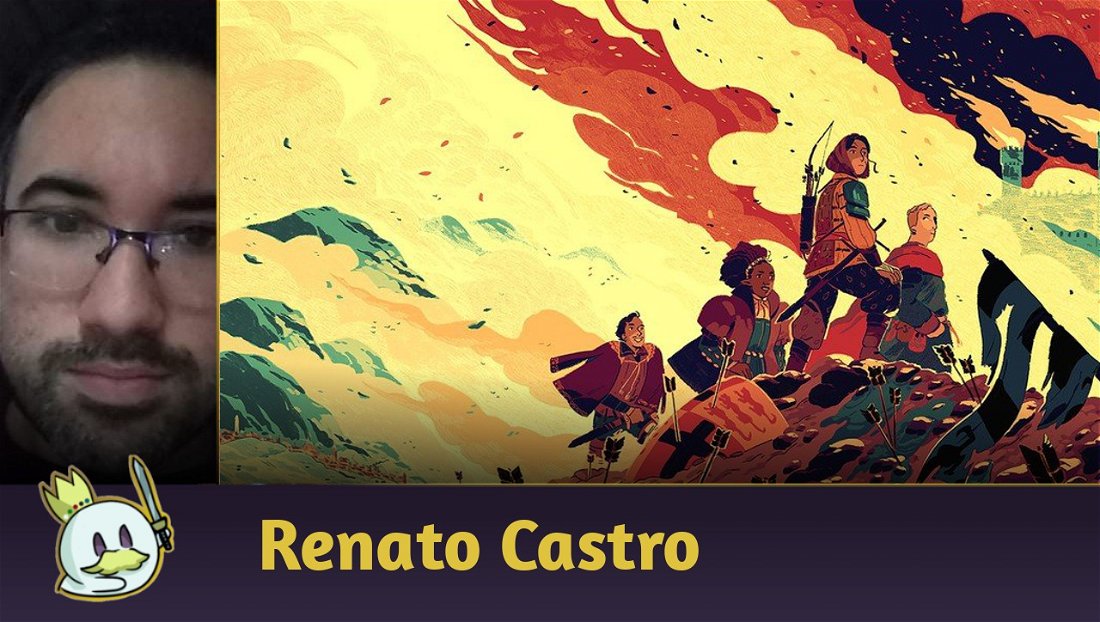
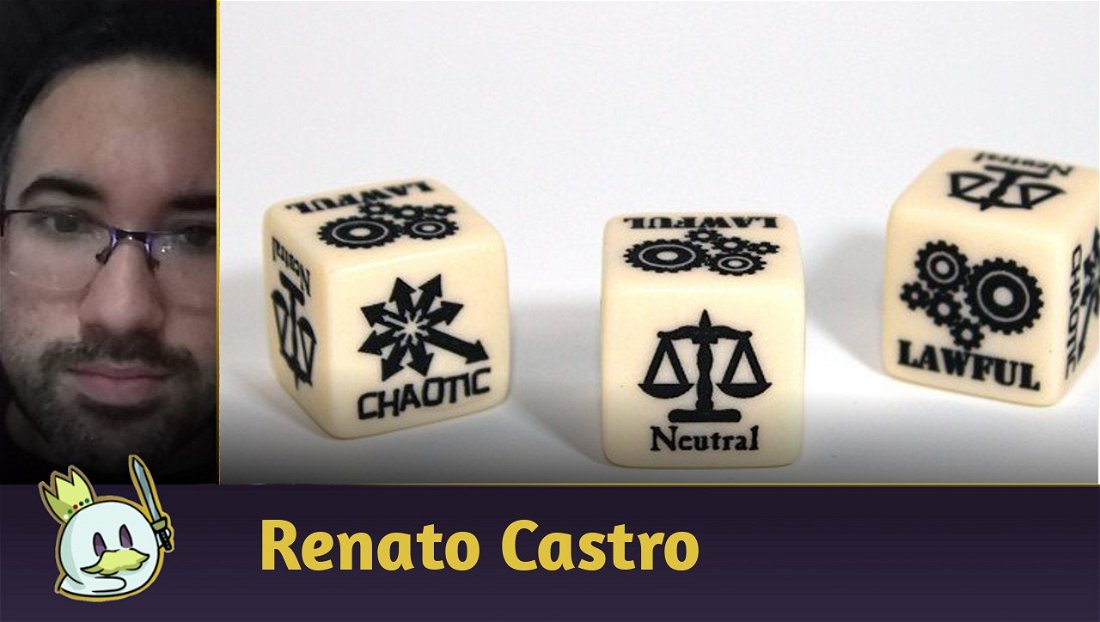



— Comments 0
, Reactions 1
Be the first to comment